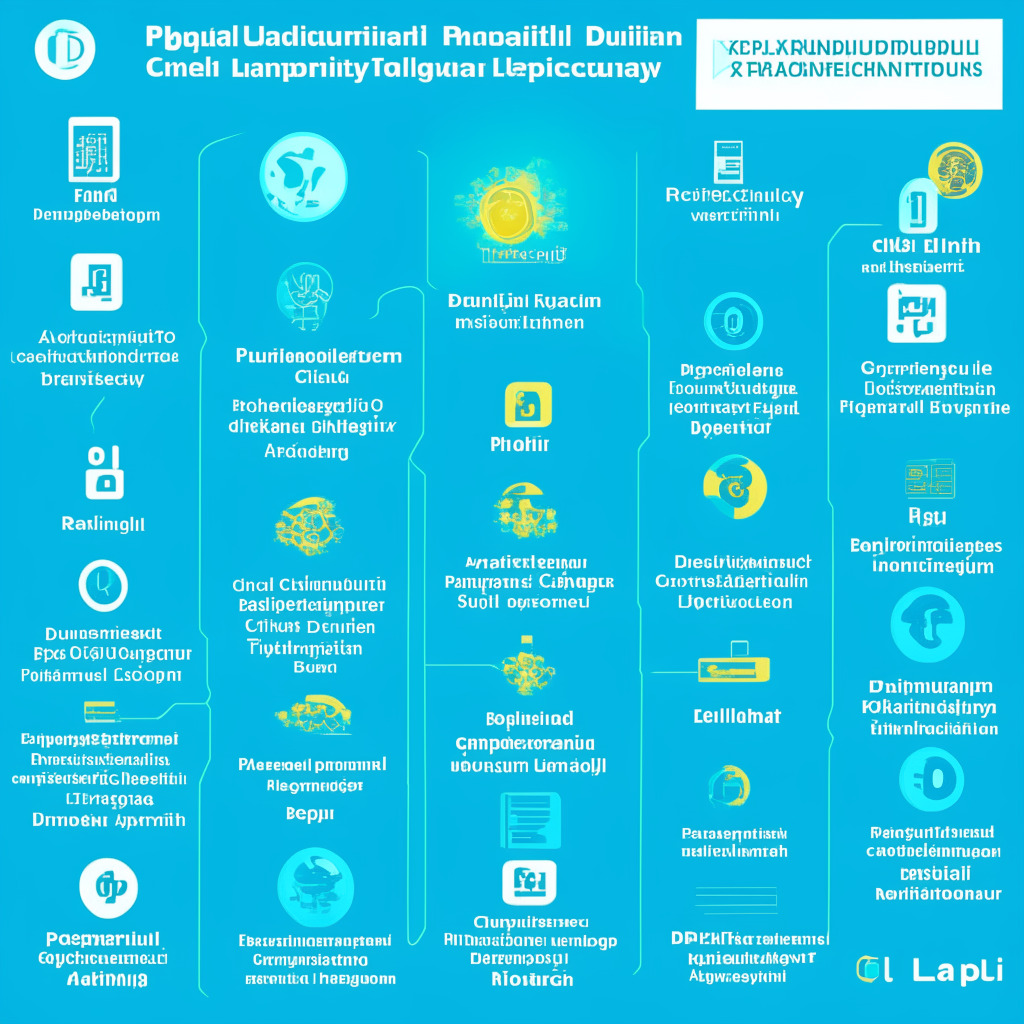Data science, with its potential to unearth insightful trends and predictions from a large pool of information, has become a cornerstone for many industries. To carry out an effective data-driven project, however, one needs reliable and high-quality data. Thankfully, there are several free sources that provide access to diverse data sets.
Consider Kaggle – a platform celebrated by data scientists and machine learning enthusiasts. It hosts an enormous selection of open-access data sets on various subjects, including social sciences, healthcare, and finance while also staging machine learning competitions. Its community-driven approach ensures data sets are consistently updated and maintained.
Another noteworthy source is the UCI Machine Learning Repository, an initiative by the University of California, Irvine. This collection houses data sets custommade for diverse tasks like classification, regression, and clustering. Every data set comes with complete descriptions, list of attributes, and instructions for preprocessing.
Then we have Google Dataset Search, quite literally a search engine for data sets. It consolidates a vast array of data sets from a plethora of sources and makes them easy to discover. Filters for file type, licensing conditions, and relevant metadata aid in pinpointing appropriate data sets.
Data.gov, the official open data portal of the US government, boasts a huge database of data sets from various federal agencies. These span diverse fields like health, environment, education, and transportation, and are often used for rigorous analysis and research.
OpenML enhances collaboration by providing a platform that allows users to compare, replicate experiments, and even donate data sets. By advocating the sharing of data sets, it underscores the importance of reproducibility in machine learning research.
One should, however, pay heed to the quality and documentation of data on these platforms and understand the licensing restrictions that come with each data set.
While these treasure troves of data generate immense potential, they do stir some concerns. The possibility of using large-scale public data has raised eyebrows regarding privacy and transparency. Nevertheless, this should not overshadow the wealth of opportunities these resources bring to the promising field of data science. It’s a game-changer for those diving into data-driven projects, arming them with an arsenal of information. The key to leveraging them lies in responsible and ethical practice. Future advancements may hold the promising prospect of balancing these concerns with the advantages at hand. It indeed is an exciting era for data science, shaping the path for a future steered by informed decision-making.
Source: Cointelegraph




